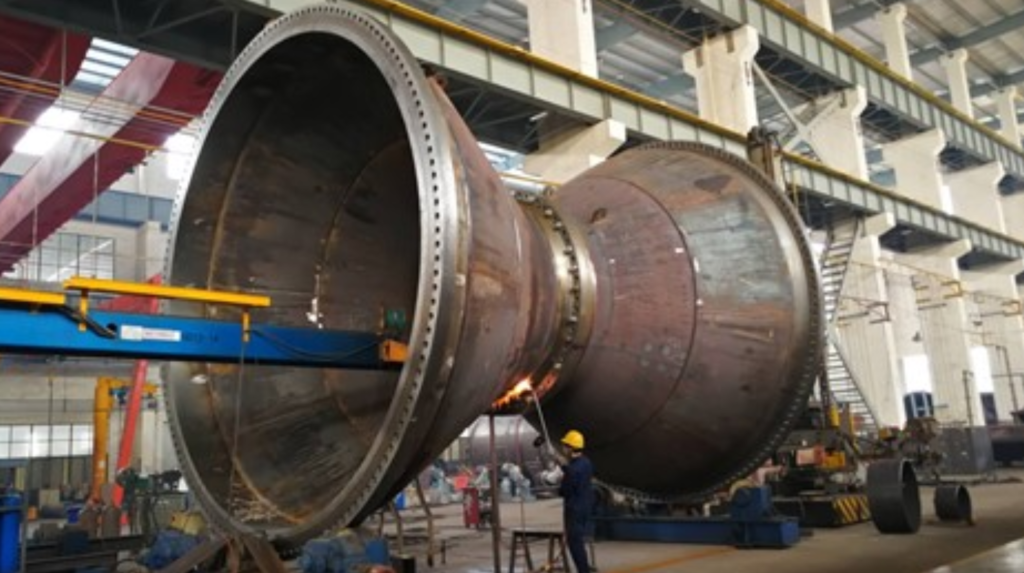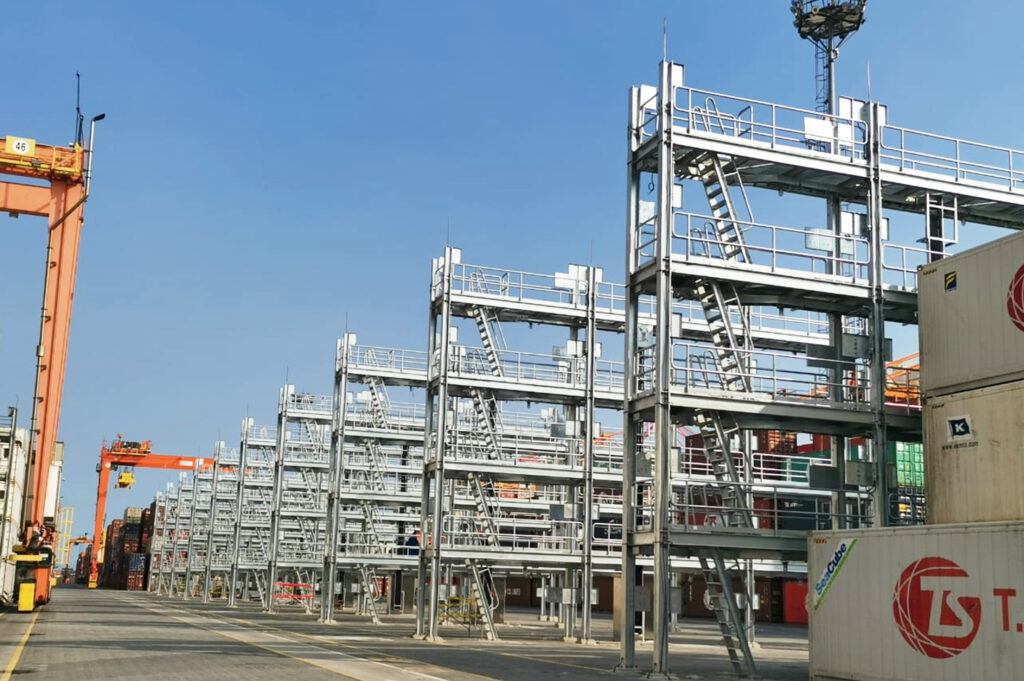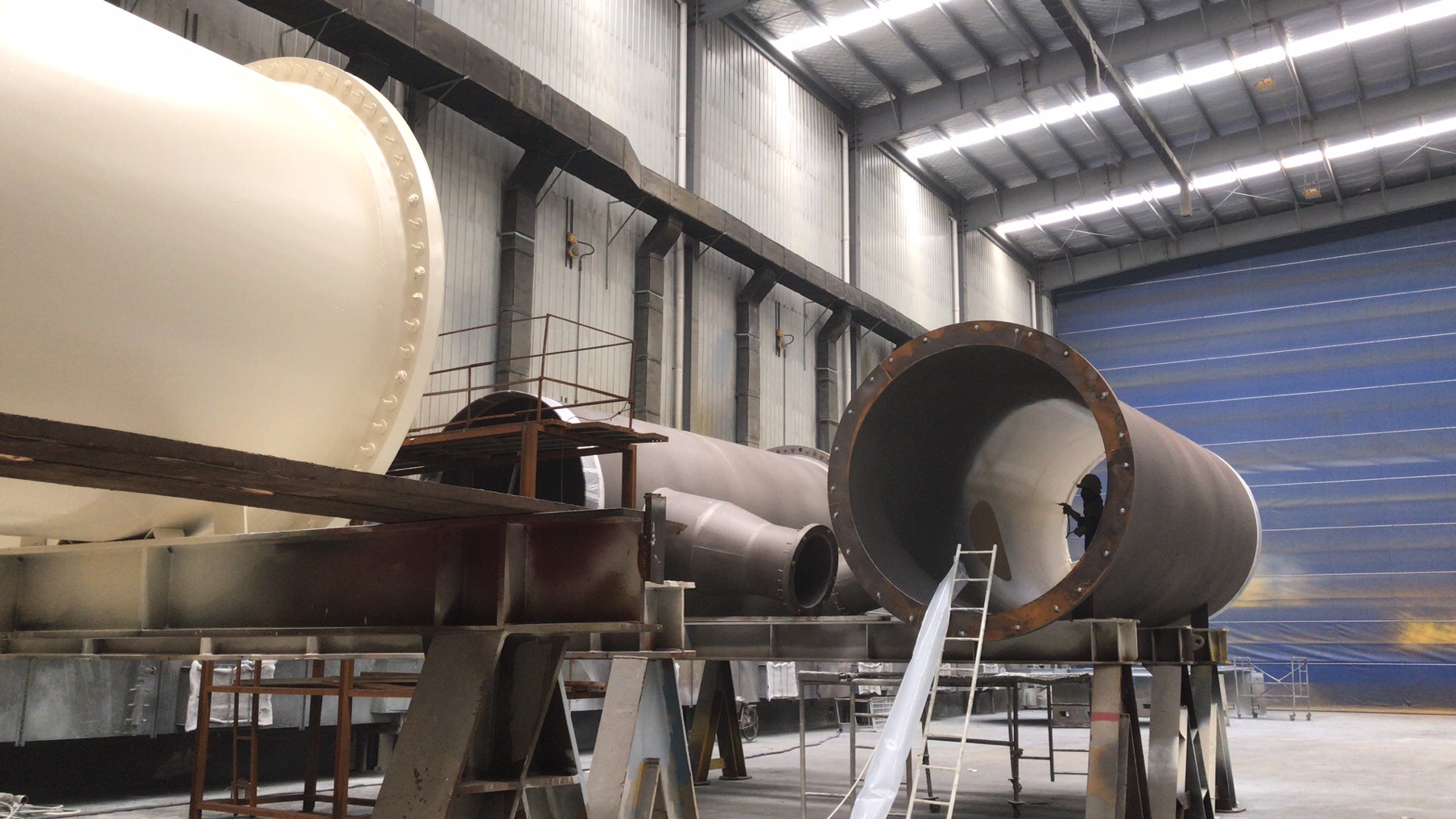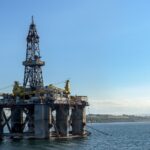One of the most widely used metal alloys in the world, steel is important for many uses. Indeed, steel is among the most vital materials for engineering and construction. Structural steel may be used, for example, to construct buildings, bridges and offshore structures, as well as being used in the rail and mining industries. Here are answers to common questions about structural steel.
What is Structural Steel?
Regular steel is an alloy primarily made of iron and carbon, with small amounts of other elements such as silicon, sulphur, manganese, and phosphorus. Structural steel is a category of steel with related strength properties and chemical composition and produced in a particular shape for use in construction and engineering projects. Strict regulations govern the production and use of structural steel to ensure it meets the required standards.
While the carbon content of regular steel results in great strength, it can also make the material brittle. Structural steel has a lower carbon content to make it more ductile. It may also be referred to as low-carbon steel.

For regular steel, the carbon content can be up to 2.1% of the overall weight. For structural steel, the carbon content is typically between 0.04 and 0.3 percent.
In structural steel fabrication, the material is made into various shapes. Types of structural steel used throughout the construction industry include:
- Universal beams
- Universal columns
- Plates
- Square, circular and rectangular hollow sections
- Angled sections
- Angle and tee cross sections

Benefits of Structural Steel
Using structural steel has many benefits for any construction project. These include:
Quality Construction
Structural steel fabrication is precise. There is no fear of variations in materials that can result in a bad fit. Steel has known, predictable properties, allowing designers to accurately plan construction works. ESC Steel Structures fabrication operates a controlled environment with astringent quality control to ensure all materials meet regulations.
SAFETY
Structural steel is a safe building material. It does not burn or suffer from mold. When galvanized, it is rust resistant. It is flexible enough to not shatter with vigorous movements. Pre-shaped, it is also safer for onsite workers as there is no need for manual cutting.
SUSTAINABLE MATERIAL
Structural steel is often made from a high percentage of recycled material. It can also be recycled in the future, with no loss of strength. Steel production uses less and recycles more than many other related processes.
LOWER COSTS
When using prefabricated materials, the construction project is generally completed faster. This results in fewer labor hours and thus reduces the costs of construction. With a faster completion, a structure can start serving it purpose quicker.
What to look for in Structural Steel Fabrication Provider?

When looking for a reliable steel structures fabrication company, there are several things to keep in mind.
Manufacturers should adhere to all necessary standards for safety and also according to location-specific standards. ESC Steel Structures is certified to meet diverse international requirements, with certification including:
- ISO 9001 Quality Management Systems
- ISO 14001 and OHSAS 18001 Health Safety and Environment Management Systems
- AWS certified welders and welding inspectors
- BS EN 1090-1 and 1090-2 for CE Marking
- CSA W47.1 Canada Standard Association certification
- AISC American Institute of Steel Construction
- ASME- American Society of Mechanical Engineers
- API- American Petroleum Institute
- AWWA- American Water Work Association
- ACRS- Australia Certification Authority for Reinforcing and Structural steels
- SSPC- Steel Structure Protective Coatings
- NACE International-National Association of Corrosion Engineers
Companies should have a wide range of steel structures fabrication capabilities. ESC provides convenient solutions to wide-ranging needs, including:
- 3D modeling and shop drawing detailing
- Forming, machining, cutting, drilling, threading,
- Pipe forming
- Fit-up, Welding, heat treatment
- Galvanizing, blasting, painting, phosphating, anti-slip treatment
- Inspection, Testing
- Trial assembly (physically or virtually )
The engineering team should include professionals from diverse backgrounds for a better understanding of in-depth project requirements. ESC’s engineers include those from civil, nuclear, aerospace, mechanical and offshore fields.
Companies should provide top-quality project management with great communication. They should operate ethically, responsibly, and sustainably.
ESC is an expert steel structures fabrication company, capable of meeting a broad spectrum of needs related to structural steel. Contact ESC to discuss your requirements and connect with offices around the world.




